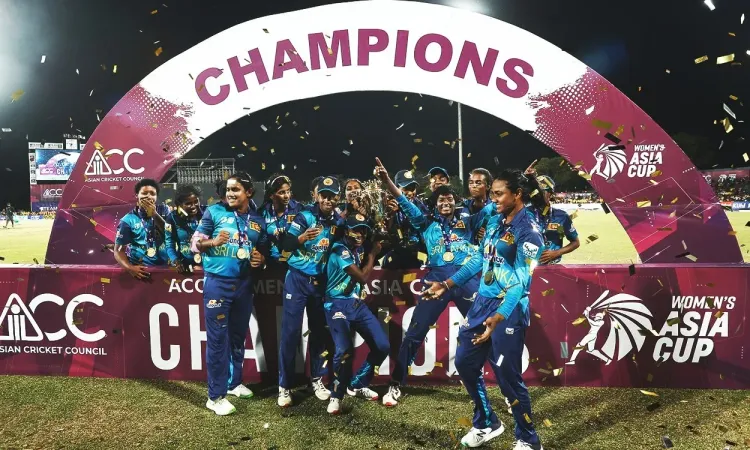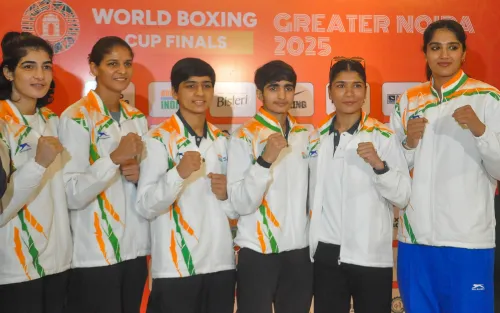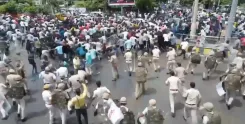Is Cricket’s Asia Cup Facing a Crisis After India and Sri Lanka Skip ACC Meeting?

Synopsis
Key Takeaways
- India and Sri Lanka have refused to attend the ACC meeting over political unrest.
- The Asia Cup is scheduled to be hosted by India in September 2025.
- Political tensions between India and Bangladesh are affecting cricketing decisions.
- There are talks of relocating the Asia Cup to a neutral venue.
- The ACC is awaiting a response from BCCI regarding the tournament.
Mumbai, July 10 (NationPress) The future of the Asia Cup cricket tournament hangs in the balance as both India and Sri Lanka declined to participate in an Asian Cricket Council (ACC) meeting scheduled in Dhaka on July 24, citing political instability in the host nation, according to reports. India is set to host the Asia Cup in September 2025.
India has postponed a tour to Bangladesh from this August to September of the following year. While the BCCI has attributed this delay to international commitments, the underlying political tensions between New Delhi and Dhaka remain a significant factor.
A senior official from Pakistan involved with the ACC confirmed to Telecom Asia Sport (www.telecomasia.net) that the meeting will proceed as planned.
“We have provided a 15-day window for all member nations to arrange their participation. For those unable to attend in person, online options are available, but the meeting will occur in Dhaka,” the official stated to www.telecomasia.net.
The ACC noted that both Pakistan and Bangladesh are engaged in a T20I tri-series in Dhaka from July 20-24, making it a suitable location for the ACC meeting, especially as Bangladesh has not hosted such a meeting for an extended period.
India is intended to host the Asia Cup starting September 5, but there are indications they may request the ACC to shift the event to a neutral venue, due to an agreement stating that Pakistan will not visit India, the report suggests.
This agreement was established earlier this year when India opted out of a tour to Pakistan for the Champions Trophy, after their government denied permission for travel across the border. The Pakistan Cricket Board (PCB) consented to move India's matches to Dubai with the understanding that they would not send their team to India for any multinational event until 2027.
The ACC has reached out to the BCCI to confirm whether they wish to host the continental event, and is currently awaiting a response, according to ACC sources at www.telecomasia.net.
Throughout its history, the Asia Cup has faced challenges stemming from political disputes between Pakistan and India. The 1986 edition, only the second since its inception, saw India boycott the tournament due to strained relations with Sri Lanka. In 1990, Pakistan also abstained from the event hosted by India.
The most recent tournament in 2023 was conducted in a hybrid format, with India playing its matches in Sri Lanka, while the remaining fixtures took place in Pakistan.










